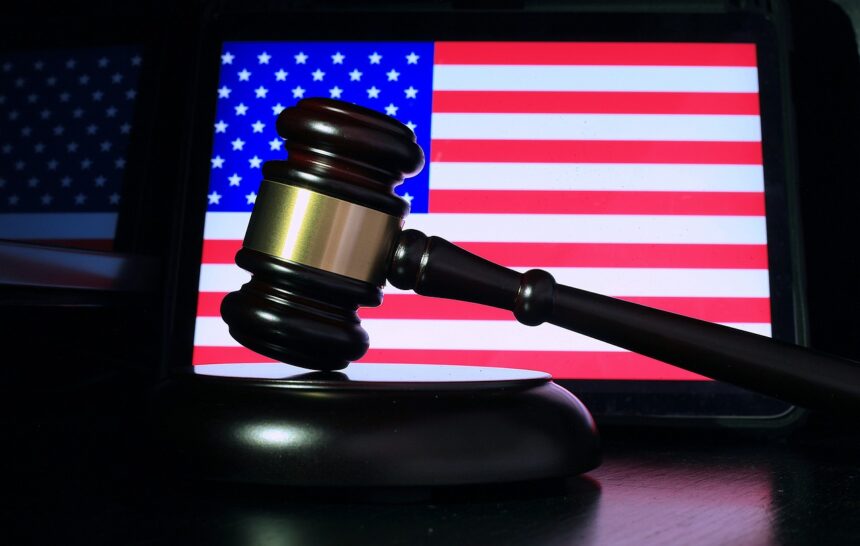Many people struggle with medical bills after getting into car accidents. An estimate from Kaiser Family Foundation shows that Americans owe $220 billion in medical debt.
Car accident cases are a part of personal injury law, which is a crucial area of the legal system, ensuring that individuals who suffer harm due to someone else’s negligence can seek compensation. Determining fault in these cases is vital because it directly impacts the compensation and legal outcomes for all parties involved. Understanding how fault is determined and its effect on compensation can help you navigate the complexities of car accident claims in Arizona. This is going to be very important for people that have a lot of medical bills after suffering a car accident and need to file a lawsuit to pay them off.
What is Comparative Negligence?
Each state has local laws that impact car accident cases. States use either a contributory negligence or comparative fault system. Even within those frameworks, some states follow pure contributory negligence, while others use pure or a modified version of comparative fault.
Arizona follows a comparative negligence system, which means that the fault for an accident can be shared among multiple parties. Specifically, Arizona adheres to the pure comparative negligence model. These laws are part of Arizona Revised Statutes (ARS) § 12-2505, which outlines the principles of comparative negligence.
Under this system, each party’s degree of fault is assessed, and their compensation is adjusted accordingly. Even if you are 99% at fault, you can still recover 1% of the damages. Of course, this isn’t going to be very much if you have a very expensive medical problem such as a brain injury.
Process of Determining Fault
The first step in determining fault is a thorough investigation of the incident. This process involves law enforcement, insurance companies, and legal professionals. Law enforcement officers typically arrive at the scene of the accident to assess the situation and file a report. Insurance companies conduct their investigations to determine liability and potential payouts. Legal professionals gather evidence to build a strong case for their clients.
Evidence is crucial in establishing fault in a car accident case. Key types of evidence include:
- Police Reports: These provide an official account of the accident and often include the officer’s opinion on who was at fault.
- Witness Statements: Testimonies from individuals who witnessed the incident can offer valuable insights into how the accident occurred.
- Medical Records: These documents detail the injuries sustained and can help link them to the accident.
- Expert Testimony: Specialists such as accident reconstruction experts can provide detailed analyses of how the accident happened and who was at fault.
Factors Considered in Determining Liability
Negligence is a key factor in determining fault. To establish negligence, the following elements must be proven:
- Duty of Care: The defendant had a legal obligation to act in a certain way to avoid harming others.
- Breach of Duty: The defendant failed to meet this obligation.
- Causation: The breach of duty directly caused the injury.
- Damages: The plaintiff suffered actual harm or loss as a result.
Causation links the defendant’s breach of duty to the injuries sustained by the plaintiff. Proving causation is critical because it directly ties the defendant’s actions to the harm experienced. Once causation is established, the next step is to assess the extent of damages, including both economic (e.g., medical bills, lost wages) and non-economic (e.g., pain and suffering) damages.
How Compensation is Determined
In Arizona, compensation is adjusted based on each party’s percentage of fault. For example, if you are awarded $100,000 in damages but found to be 25% at fault for the accident, your compensation would be reduced by 25%, resulting in a $75,000 payout.
Insurance companies play a significant role in determining fault and settling claims. Adjusters review evidence, assess fault, and propose settlements. It’s important to be prepared for potential disputes with insurance companies and to understand negotiation strategies to ensure a fair settlement.
Legal Assistance and Representation
Hiring a personal injury attorney can significantly impact the outcome of your case. An experienced lawyer can help gather evidence, negotiate with insurance companies, and represent you in court. They can also provide valuable guidance throughout the legal process, ensuring that your rights are protected.
When selecting a personal injury lawyer in Mesa, Arizona, consider factors such as experience, reputation, and track record of success. Look for attorneys who specialize in personal injury law and have a deep understanding of Arizona’s legal landscape. Resources such as the Arizona State Bar can help you find qualified legal representation.
Determining fault in an Arizona car accident case involves a complex interplay of evidence, legal principles, and negotiation strategies. Understanding how fault is assessed and the impact it has on compensation is crucial for anyone involved in a car accident claim. If you find yourself in such a situation, seeking legal advice from a knowledgeable attorney can help you navigate the process and ensure you receive the compensation you deserve.

